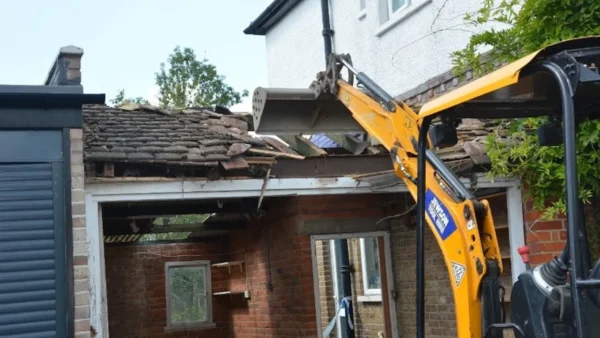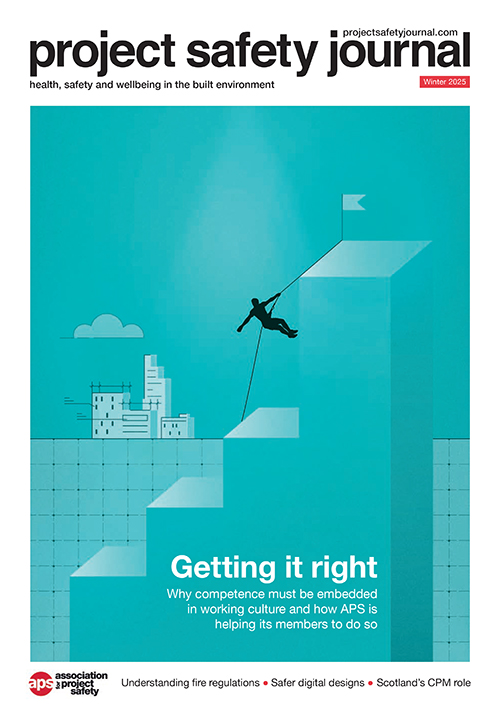Following the news that a new board of MHCLG is taking on the functions of the BSR as part of a major revamp, APS deputy chief executive Sofie Hooper has expressed her hope that the new move towards the single regulator will be adequately resourced, following widespread criticism of the extensive delays at Gateway 2.

The board will take over from the HSE, which has hosted the BSR since its creation under the Building Safety Act 2022. It will be chaired by former London fire commissioner Andy Roe until the new regulator is established as an executive agency under MHCLG.
The deputy commissioner/director of prevention, protection and operational policy at the London Fire Brigade, Charlie Pugsley, will be chief executive officer.
The move is seen as the first step by MHCLG to establish a new single regulator for the industry as recommended by the Grenfell Inquiry.
Tackling approval delays
The July announcement is part of a series of reforms to the BSR to tackle delays in the approval of new residential high-rises and meet the government’s 1.5 million homes target.
The Construction Leadership Council (CLC) has published a new guide to help the industry with Gateway 2 applications.
The 34-page document is structured around seven guidance notes and provides the baseline principles to help those involved in submitting and assessing applications for building control approval of higher-risk buildings. It includes recommendations on submission of relevant information.
The guide has been produced with the BSR and industry.
Gateway 2 approvals, the checkpoint before any construction work on higher-risk buildings can begin, should take 12 weeks for new builds. They currently take double that, sometimes up to 48 weeks.
MHCLG has pledged to introduce a fast-track process but has yet to provide clarification of how this would work.
“When you look at the timelines against which the regulator is delivering, there’s been a clear issue,” said Hooper. “It has not had the resources, and I hope that going forward it is properly staffed – though it remains to be seen where they might get the additional resources from. The industry has a massive skills shortage issue in this area.”
Additionally, there is a need for industry to provide better quality applications, which would help cut down on extensive back and forth communications with the regulator.












